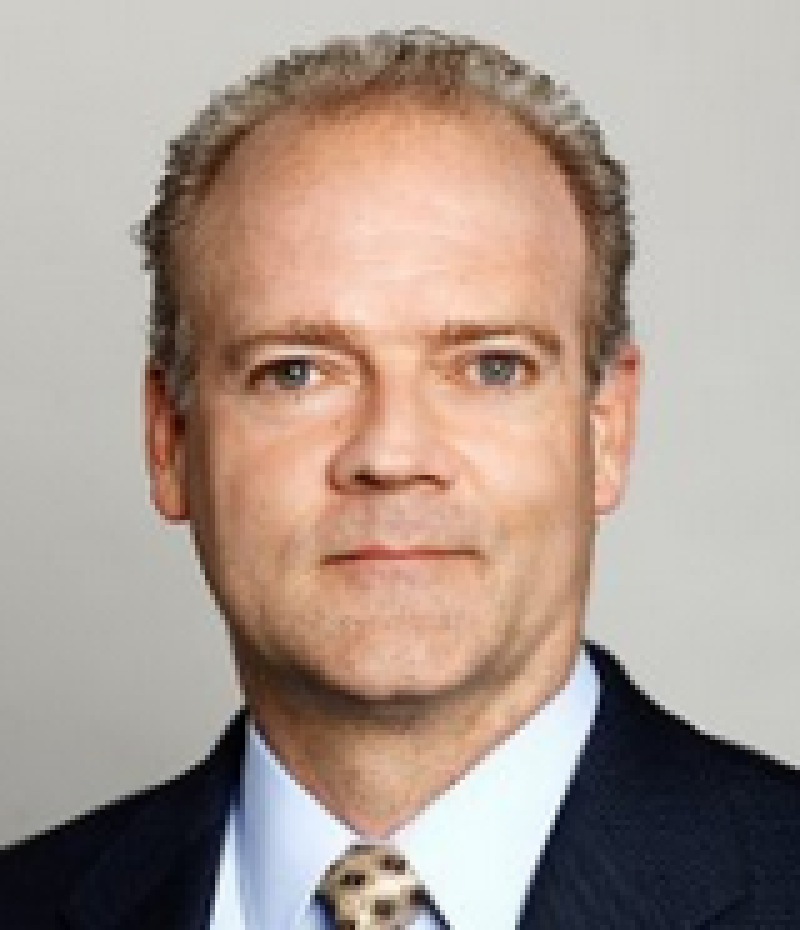The acquisition of trading platforms Hotspot and 360T by Bats Global Markets and Deutsche Börse respectively last year were bold statements of intent by exchange operators to grab a larger chunk of the trillions of dollars traded in FX every day.

|
Alan Schwarz, |
However, while consolidation in the venues supporting FX trading can be expected to result in exchanges becoming more involved in the FX space, any actual market structure change is likely to take a long time to materialize, according to FXSpotStream CEO Alan Schwarz.
“The FX market continues to do a good job of addressing regulatory requirements and meeting the demands of market participants,” he says.
“We have seen a shift in the FX market looking to trade more on a disclosed basis. Our business has continued to see year-on-year growth because there is a move taking place from exchange-like anonymous trading to bilateral, fully disclosed trading between counterparties.
“Unlike trading on an exchange, the relationship via FXSpotStream is transparent and trading with the liquidity providing banks is on a fully disclosed basis.”
Nuances
Kevin McPartland, head of market structure and technology research at Greenwich Associates, believes that discussion of migration from OTC to exchange fails to take account of some of the nuances of the FX market and that the future lies in venues that support multiple trading models.
“There are a host of non-exchange electronic trading venues that allow clients to trade with each other in a variety of ways,” he says.

|
Kevin McPartland, |
On the question of whether there is a discernible shift towards fully disclosed trading, McPartland refers to both central limit order book (CLOB) and request-for-quote (RFQ) having their merits.
Despite observations made by the likes of TeraExchange – that order book platforms offer a democratic marketplace through transparent, firm and executable prices – corporates have remained reluctant to abandon the RFQ model.
The key question for CLOB platform providers continues to be not why market participants have migrated to alternative models but rather when they will be in a position to win new business for products that are most suited for order books, such as the benchmarks and plain vanilla products.
“RGQ offers liquidity on demand and identification of counterparties, whereas CLOB is faster and its anonymity can be helpful,” says McPartland.
“But we are now seeing demand for a solution that provides the best of both worlds by enabling trading in an order book format while maintaining a bilateral relationship with counterparties.”
Regulation
According to James Sinclair, CEO of MarketFactory, options and other derivatives are moving closer to an exchange model due to the direct effects of regulation and the increased costs of compliance in OTC markets.
He refers to CME FX options as an example, noting they are effectively options on futures.
“However, the situation in the spot market is more complicated – some aspects are becoming closer to an exchange, others are moving further away,” he says. “FX has its own market structure that is hard to fit into the OTC/exchange paradigm.”

|
James Sinclair, |
One of the fundamental reasons why the market does not become centrally cleared, says Sinclair, is that a cleared model carries the cost of insurance against both settlement and market risk.
“CLS insures you against settlement risk but not the market risk,” he adds. “Counterparts still find it cheaper to self-insure against market risk in case of a counterparty default than to pay the extra cost of a fully cleared solution.”
A senior platform source observes that growth in exchange-traded products has largely come from futures traders who have looked for diversification and added FX as another asset class.
“Very little business has moved from OTC – some banks have added exchanges as additional liquidity sources to cover risk, but that is really the only business that has crossed the divide,” the source says.
OTC has become more exchange-like in that the largest banks have continued to extend their internalization of flow, so each now runs an order book trading structure internally.
However, our source also points out that the tightening of credit has reduced the number of prime brokers in FX and costs have risen “so the nearest thing that the FX OTC market has to centralized clearing has actually reduced its volume and capacity”, he concludes.
